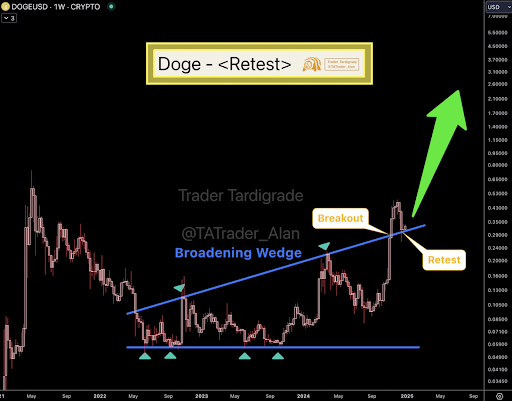
Good morning. As tariffs are set to put pressure on supply chains, pricing remains top of mind for corporate leaders.
“Tariff trouble: Consumer goods most affected by reciprocal rates,” is a new analysis by S&P Global Market Intelligence. The Trump administration’s new tariffs will add 10 percentage points to import duties from all countries except Canada and Mexico. And this will exclude sectors such as metals, chemicals, and autos, which will have their own tariffs. That means the supply chains most affected will be finished consumer goods, including clothing, toys, and smartphones, according to Chris Rogers, head of supply chain research at S&P Global Market Intelligence. These sectors face additional duties in the order of 27 to 30 percentage points on a weighted average basis, he noted.
Corporate supply chain managers are likely to incorporate the new tariffs into their pricing and cost-negotiation strategies in the near term, Rogers said. Options to reshore sourcing are limited due to the “sheer breadth of coverage of the duties,” he said.
Corporate leaders have been navigating tariff uncertainty for quite some time. So it continues to be a dominant topic on earnings calls. I checked in with John Butters, VP and senior earnings analyst at FactSet, for his latest analysis. From Dec. 31 through March 14, the terms “tariff” or “tariffs” were mentioned on the earnings calls of 263 of the S&P 500 companies, Butters said. Overall, 487 of the S&P 500 companies conducted earnings calls over this period.
And, from March 15 through April 4, 16 of the 18 S&P 500 companies that conducted earnings calls mentioned “tariff” or “tariffs,” he added.
As we head into mid-April, when many companies are scheduled to release their Q1 2025 earnings reports and conduct conference calls, talk of tariffs will certainly come up, but perhaps discussed from a different angle.
In recent earnings calls, firms were vocal in discussing strategies and “the net negativity of tariffs,” according to the S&P Global report. However, companies may be cautious in making short-term announcements to “avoid reactions from the Trump administration,” the report states.
“We’d expect firms to talk about price increases for customers and cost negotiations with suppliers as a major strategy during the earnings call season,” Rogers said. “Discussions on long-term plans, including whether to move manufacturing and sourcing to the U.S., could be muted given the ongoing uncertainty on the final picture for tariffs.”
Sheryl Estrada
[email protected]
This story was originally featured on Fortune.com















